Published 6th Nov. 2019
Reading time
1
Antonio Tabucchi was an Italian author obsessed with Portugal. However, it was in Paris, in Portuguese, that he wrote one of the most beautiful tributes to the capital of the country, making this one of the best books to read before travelling to Portugal. The Lisbon of Requiem is a dreamlike Lisbon, born from the dream of a peasant of the Alentejo, where we meet the living and the dead, we speak with 'The temptation of Saint-Antoine', the painting of Jerome Bosch in which you can immerse yourself at the National Museum of Arte Antiga.
2
Or rather, Bernardo Soares, the pseudonym he chooses for this diary, supposedly written by a modest clerical employee, living an insignificant existence. Reflections, thoughts, aphorisms, prose poems, styles and form collide in this sometimes bitter, sometimes funny, often disillusioned book. But Lisbon is so present that it is also the star of the book. 'I go up to the river to look at the river (...) and behind all this is my heaven, where I hide and possess my infinity.' This posthumous work, written over more than 20 years and unfinished, is the major work of the great Portuguese writer, the journal of a lifetime.
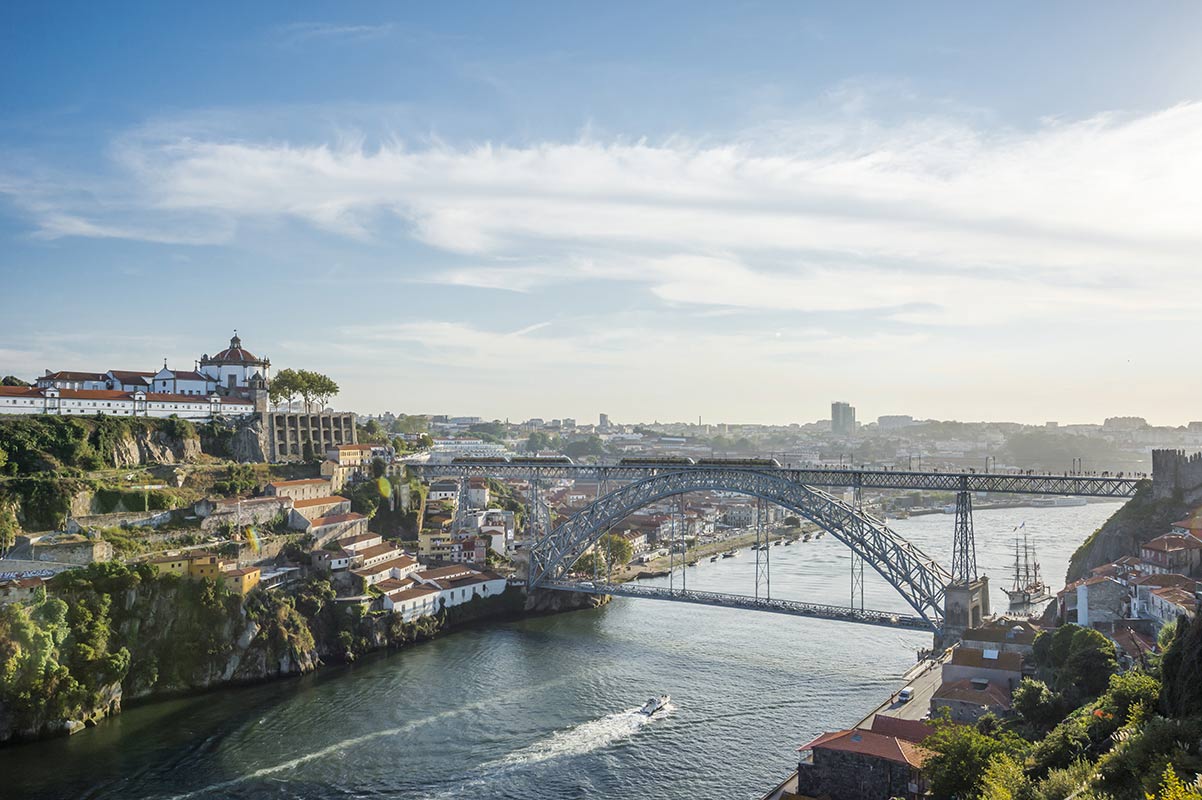
Taromon/Getty Images/iStockphoto
3
This book is based in the Alentejo, Portugal's poorest region. It's a region of bucolic beauty, which must be part of your trip to Portugal, as a counterpoint to Lisbon. Jose Sarramango tells us, in his own way, the lives of three generations of peasants, the Mau-Tempo family, from the beginning of the 20th century until 1974, when the Carnation revolution broke out.
4
Let's finish with music. The Fado, Portugal's traditional music, is not as old as you might think. Like Tango across the Atlantic, it is harbour music, born in the world of sailors and prostitutes, barely two centuries ago. Paced by some guitar chords , it tells of the poetry and hard times of 'destiny', anecdotes of daily life, the workers' lot, and nationalist propaganda too, in its time. It is the reflection of the country, sometimes disenchanted, sometimes brimming with hope. The book tells the story of this art form and is complemented by a CD by Amalia Rodrigues so you can listen to a recital in a Lisboan cafe or by the Coimbra city singers.
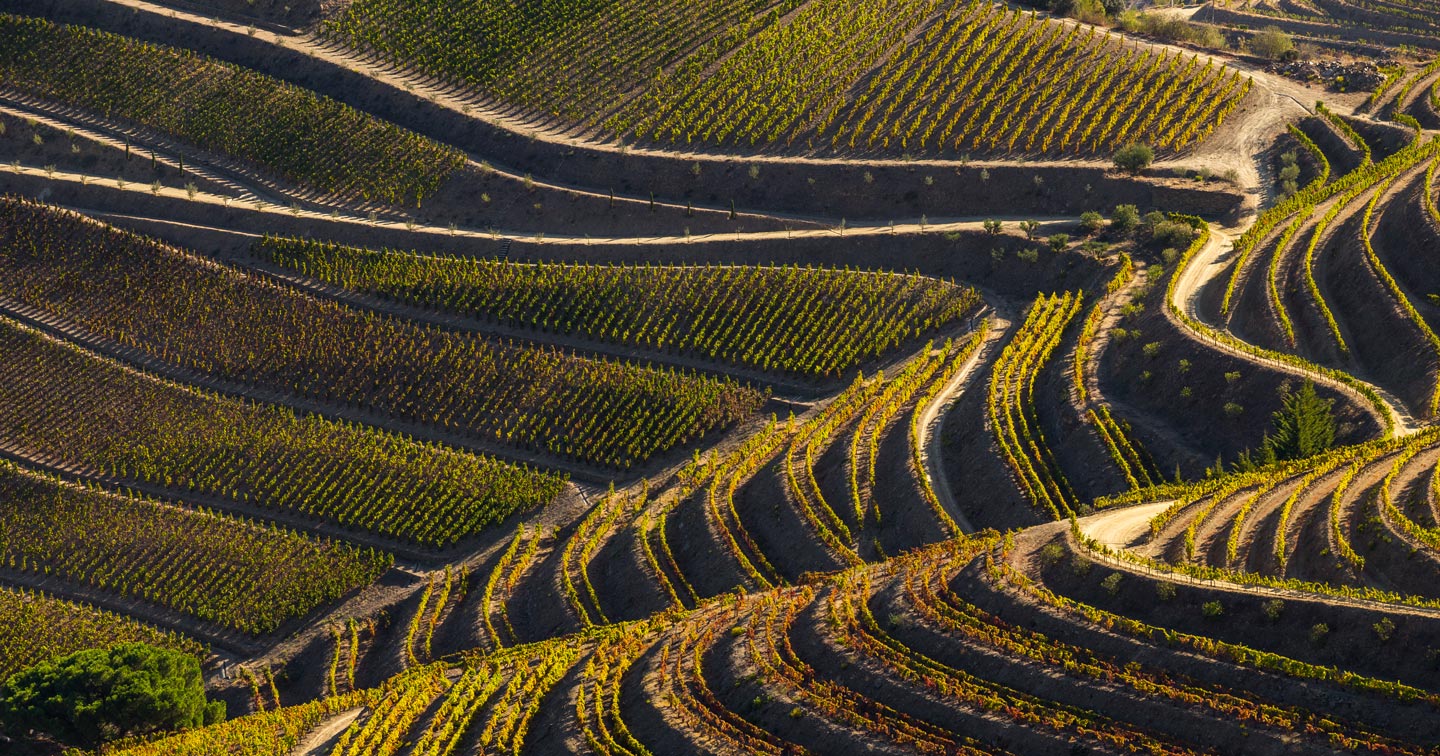
Swap the Algarve’s Brit-packed beaches for charming fishing villages, hidden bays and nature reserves on a holiday organised by our passionate Portugal team. We’ve done the hard work for you, getting under the skin of Lisbon, the Duoro Valley, the Azores and more, scouting out the best experiences and properties. Whether you’re after olive oil tasting, hiking routes in Rota Vicentina or a woodland lodge at Furnas Lake, we’ve got you covered. If questions spring to mind while in the country, fear not. Our knowledgeable guides and Concierges will be on hand to answer burning curiosities, like where to find the best pastéis de nata.
ENQUIRE NOWPractical advice and inspiration for your next trip
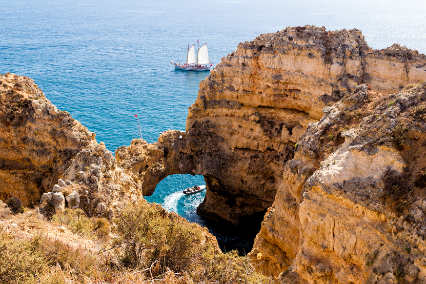
Ah, the Algarve: a veritable treasure trove of sun-kissed beaches, charming architecture and postcard-pretty landscapes. While this gorgeous region in southern Portugal is sometimes considered a tad touristy, there is far more to the Algarve than just sangria and sunbathing. With a coastline spanning almost 100 miles, a rich and varied culture and historical site aplenty, there’s an abundance of things to do in the Algarve.
11th June 2025 - Portugal Travel Inspiration
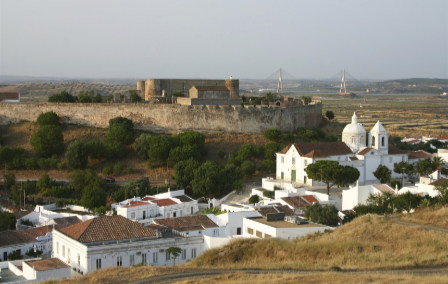
Portugal in October is all about being outdoors. Summer crowds are long gone, the sun still lingers in the south and the west welcomes powerful waves with skilled surfers in tow. To admire the landscape in all its golden glory, hike or bike around Alentejo and the Algarve or enjoy serene sightseeing in Lisbon. Alternatively, call in the wine season with a trip to the verdant vineyards of Douro Valley.
27th February 2025 - Portugal Travel Inspiration
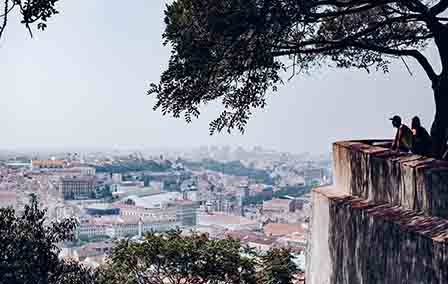
For a long time, the average holiday in Portugal centred around the sun-soaked beaches and manicured golf courses of the Algarve. But today, Portugal can confidently challenge Spain and Italy as the host of some of Europe’s best city breaks. The warm Mediterranean climate, rich history and culture and delicious cuisine attract millions of visitors each year, with the country enjoying record-breaking tourism revenue in 2024.
4th December 2024 - Portugal Big Short Breaks

Our team of destination experts will get to know you and your unique requirements for your holiday

We work with you to build an ultra-personalised holiday itinerary with your choice of accommodation, experiences and activities

All of our holidays include little extras designed to make a big difference to your trip, from fast-tracking you through airport check-in and security to our network of local Concierges